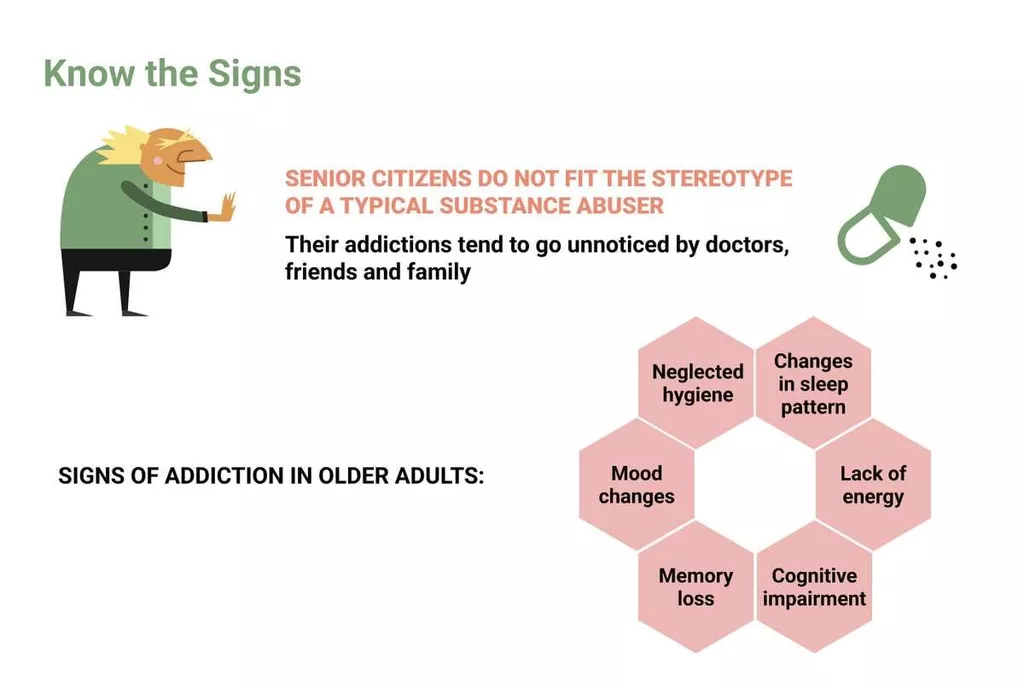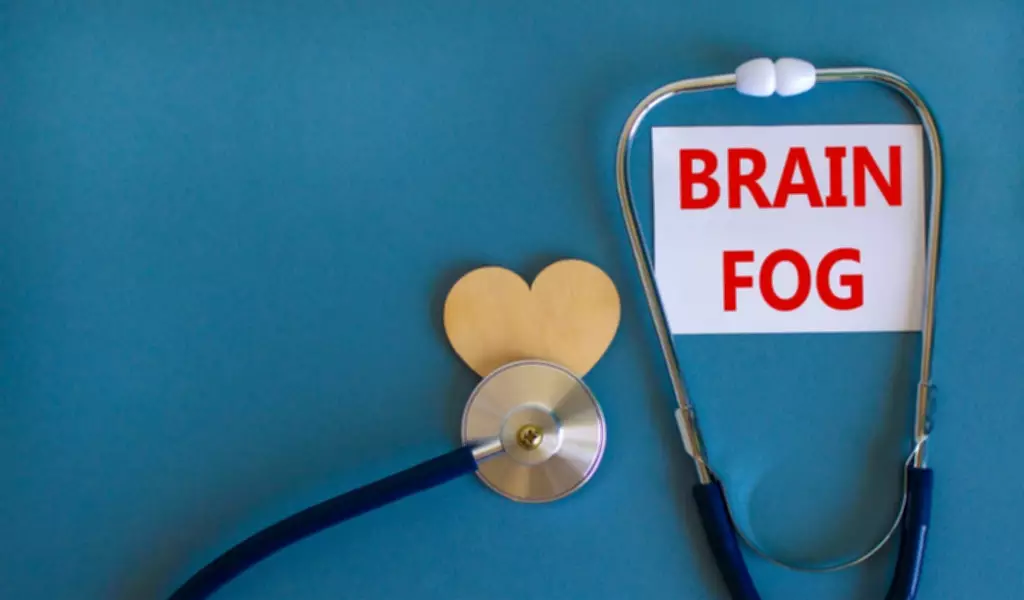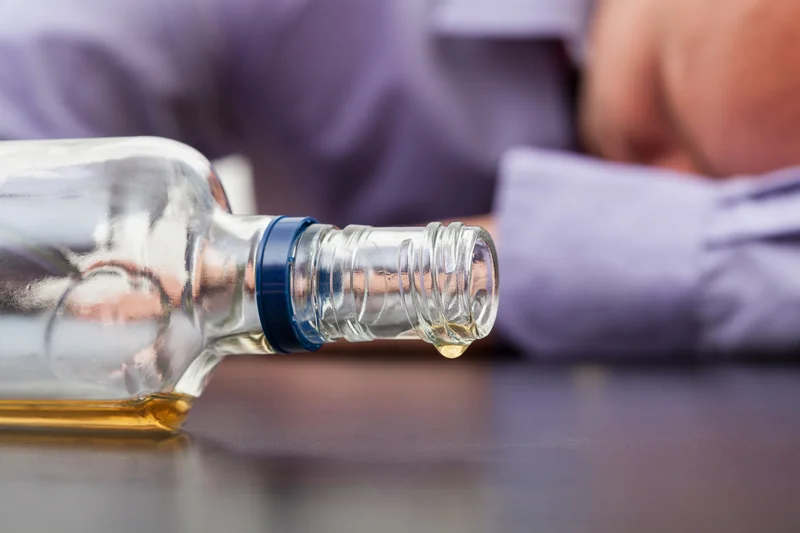
Our pair of sophisticated and functional, non-alcoholic spirits, Aplós Calme and Aplós Arise, presents a unique answer to this universal problem. Other alarming signs include a high fever, vomiting, and rapid breathing, which all indicate that the body’s systems are severely stressed and unable to cope. In these what is alcoholism instances, seeking immediate medical support is paramount. For instance, you may experience throbbing temples, a tangible element of the brain shrinking due to water loss and creating pressure on the nerves. Your mouth, once a wellspring, now a cotton-dry creek bed due to decreased saliva production.
Which Alcohol is Most Dehydrating?
Alcohol dehydration occurs because of alcohol’s unique impact on the kidneys and urinary system. Alcohol is classified as a diuretic, meaning it increases the body’s production of urine by influencing the kidneys. This process leads to what is known as the alcohol dehydration reaction, where essential fluids are pulled from the body at a faster rate than normal.
Impaired cognitive function:
It reduces how much ADH you make, so it increases how much urine you produce. Each shot of alcohol that you drink forces your kidneys to generate an extra 120 millilitres of urine on top of the normal 60–80 millilitres per hour. Your body has detectors that can sense both the saltiness of your water, and the volume of the water.
- They’re sometimes prescribed to help bring blood pressure down or if we have too much fluid collecting because of heart failure or other medical problems.
- When ADH levels are decreased, the kidneys excrete more water, leading to increased urine production.
- If you’ve ever stood in the supplement aisle wondering which form of magnesium to take and why there are so many, you wouldn’t be the first.
Alcohol’s Impact on the Gastrointestinal Tract
Regular consumption of alcohol raises the risk of developing various types of cancer, including those of the breast, mouth, throat, esophagus, liver, and colon. Additionally, heavy drinking can weaken the immune system, making the body more susceptible to infections. It can cause cognitive impairments, including memory loss and decreased ability to make sound decisions. Additionally, alcohol can exacerbate underlying mental health issues such as anxiety and depression and may interfere with medications intended to manage these conditions. If you’ve ever experienced dehydration before, then you know the signs to look out for.
- This can lead to an imbalance of electrolytes in the body and a drop in blood pressure.
- Drinking after a nutrient-dense meal of healthy carbohydrates, protein, fiber, and fats provides more of a “slow release” effect.
- Alcohol poisoning can quickly become life-threatening and requires prompt medical treatment.
Other Risks Associated with Alcohol Consumption
When it comes to fluid balance in the body, alcohol can have a significant impact. Let’s explore how alcohol affects the depletion of electrolytes, disrupts the body’s water regulation, and impacts cellular water balance. Hydrating before bed can alleviate some dehydration symptoms but will not entirely eliminate the effects of alcohol-induced fluid loss.
- Alcohol consumption causes dehydration by increasing the production of urine and decreasing the body’s ability to conserve water.
- These functional spirits offer an experience similar to alcohol, mirroring the euphoria and tranquility without the arid aftermath of dehydration or the bleak dawn of a hangover.
- For example, have you ever struggled to focus or experienced unexpected mood swings after drinking?
- Alcohol can strain personal and professional relationships and lead to serious legal consequences.
- It does this by inhibiting the production of a hormone called vasopressin — otherwise referred to as the antidiuretic hormone (ADH) — which plays a large role in the regulation of water excretion.
Other lifestyle factors:
Not only that, but studies have shown that good hydration can improve sleep quality, cognition, and mood. Normally, ADH helps our kidney reabsorb water, keeping us from losing too much of it. Our kidneys are responsible for generating urine, which travels via ureters to the bladder.

But when alcohol is present, the hormone becomes suppressed, which is why some people may find they have the urge to urinate more after alcohol. Alcohol can also impair the function of our kidneys, which play a crucial role in maintaining our body’s fluid balance. The kidneys filter waste products from our blood and regulate the concentration of water and electrolytes in our bodies. However, alcohol can disrupt this delicate balance by affecting the structure and function of the kidneys. This can lead to decreased water reabsorption, increased fluid excretion, and impaired kidney concentrating ability. As a result, our bodies may struggle to retain water effectively, leading to dehydration.

Delirium Tremens: Risk Factors and Treatment for DTs
A heavy alcoholic drink like whiskey, brandy, or rum can dehydrate you more than lighter drinks. Stick to beer and wine to mitigate any dehydration you may experience. A good way to limit your overall alcohol consumption, and thus limit alcohol’s dehydrating effects, is to alternate alcoholic drinks with glasses of water.

At the same time, alcohol causes the kidneys to increase their urine production, which also adds to dehydration. Alcohol not only contains dehydrating factors but also causes dehydrating toxins and excess urination. One of the ways alcohol affects body water content is through increased sweat does wine dehydrate you production. When we consume alcohol, it causes our body temperature to rise, leading to sweating. However, alcohol can amplify this process, causing us to sweat more profusely than usual.